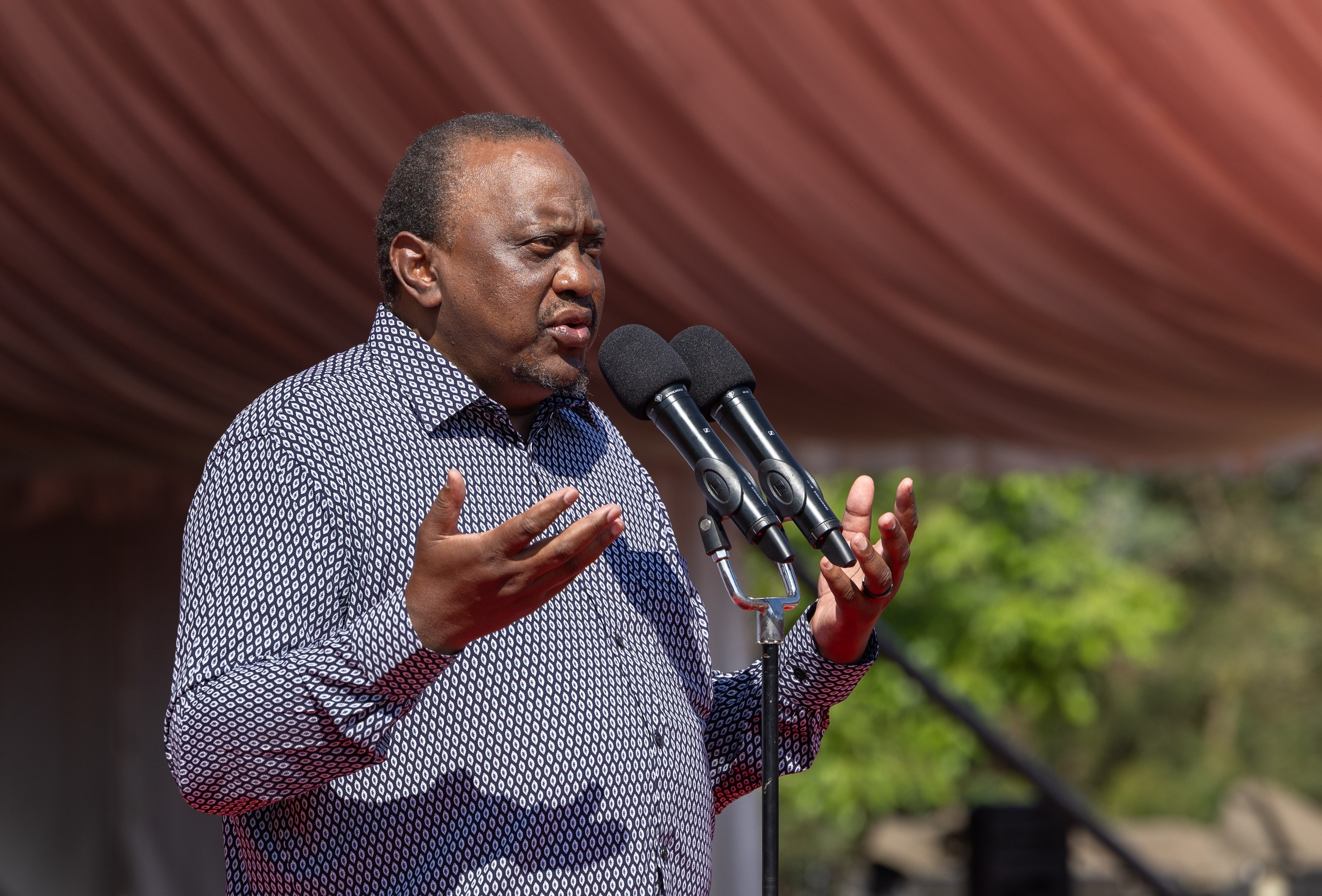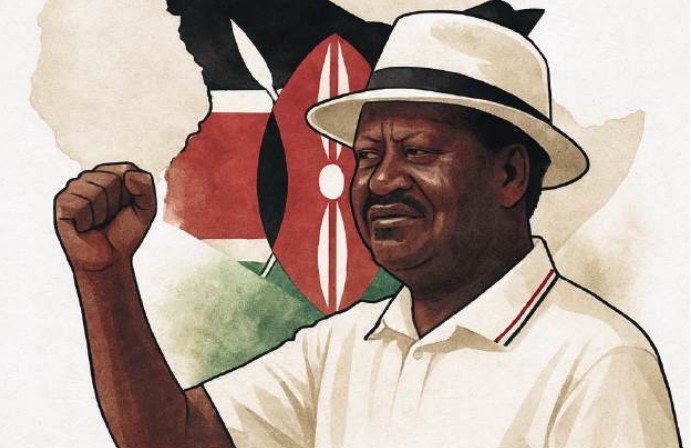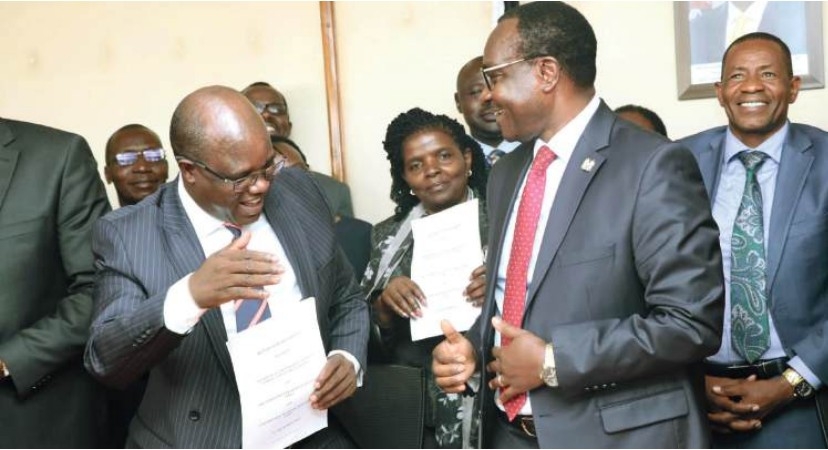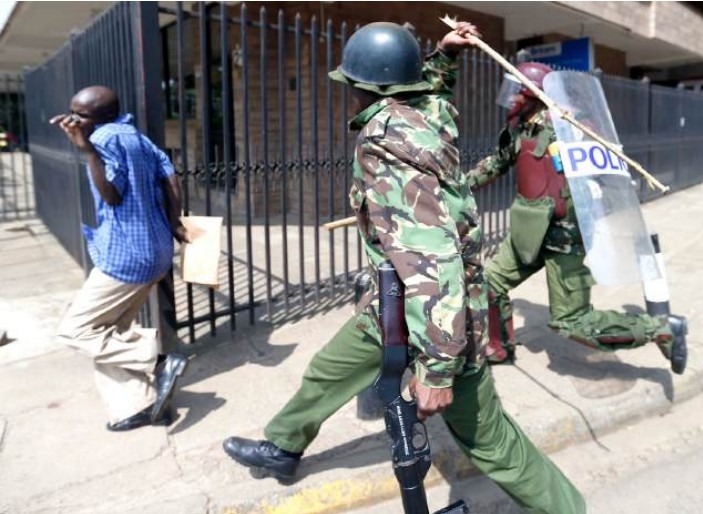It is possible, though highly unlikely, that Donald Trump will serve time behind bars.
The 34 charges he faced are all class E felonies in New York, the lowest tier in the state. Each charge carries a maximum sentence of four years.
As noted above, there are several reasons why Justice Merchan could choose a lesser punishment, including Trump’s age, his lack of previous convictions, and the fact that the charges involve a non-violent crime.
He could consider Trump's violations of the court’s gag orders during the trial.
It is also possible that the judge would weigh the unprecedented nature of the case, perhaps choosing to avoid putting a former president and current candidate behind bars.
here is also a question of practicality. Trump, like all former presidents, is entitled to lifelong protection from the Secret Service. This means that some agents would need to protect him in prison.
Even so, it would be extremely difficult to run a prison system with a former president as an inmate. It would be a huge security risk and expensive to keep him safe.
“Prison systems care about two things: security of the institution and keeping costs down,” said Justin Paperny, director of the prison consulting firm White Collar Advice.
With Trump, “it would be a freak show… no warden would allow it”, he said.
Can he vote?
It's likely that Trump will be able to vote this autumn.
Under Florida law - where Trump is a resident - a person with a felony conviction from another state is ineligible to vote only "if the conviction would make the person ineligible to vote in the state where the person was convicted".
Trump was convicted in New York, where felons are allowed to vote as long as they are not currently incarcerated.
This means that unless Trump is behind bars on 5 November, he should be eligible to cast his ballot.
Could he pardon himself?
No. Presidents can issue pardons for those who have committed federal offences. The hush-money case in New York is a state matter, meaning it would be out of Trump’s reach if he were to become president again.
The same is true for Trump’s case in Georgia, where he has been accused of criminally conspiring to overturn his narrow defeat by President Joe Biden in the state during the 2020 election. This case is currently tied up in appeals.
Pardon powers are unclear for Trump’s two federal cases - one concerning the alleged mishandling of classified documents, and the other on conspiring to overturn the 2020 election.
In the first, a Trump-appointed judge in Florida has indefinitely postponed the trial, saying setting a date before resolving questions about evidence would be “imprudent”. The second outstanding federal case also was delayed while an appeal from Trump plays out.
Neither are likely to take place before the November election, but even if they did, constitutional scholars disagree on whether a president’s pardon power includes himself. Trump could be the first to try.














![[PHOTOS] How ODM@20 dinner went down](/_next/image?url=https%3A%2F%2Fcdn.radioafrica.digital%2Fimage%2F2025%2F11%2F99d04439-7d94-4ec5-8e18-899441a55b21.jpg&w=3840&q=100)
